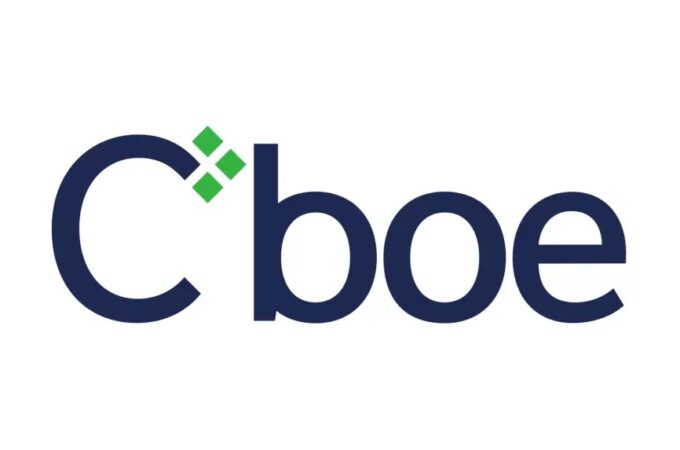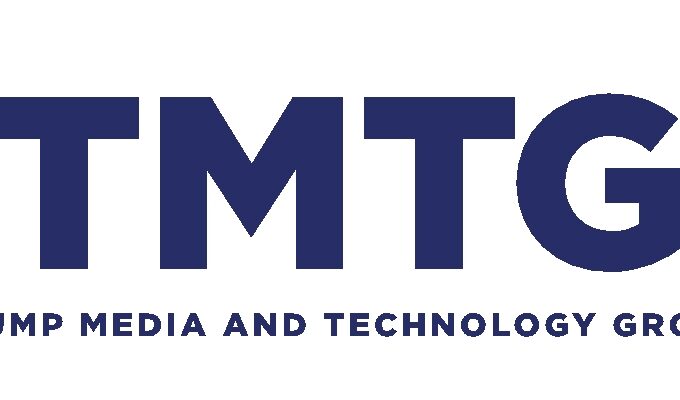Kik raises $50 million ahead of token sale for its cryptocurrency Kin
By Venture Beat
Kik Interactive announced today that a token distribution event (TDE) for the sale of its cryptocurrency Kin will start September 12 at 6 a.m. Pacific time. Kik, a chat app with a community of 50 million monthly active users, is one of the first major examples of a non-blockchain business going to blockchain to open up new opportunities.
The company plans to sell a trillion Kin tokens for $125 million, a Kik Interactive spokesperson told VentureBeat in a statement. Of that amount, $50 million has already been sold in a presale comprising 488 billion Kin tokens. Presale investors include Blockchain Capital, Pantera Capital, and Polychain Capital, all well-known blockchain-specific investment firms.
“Kik is by far the largest consumer company to enter the cryptocurrency space, and this is a seminal moment for the industry,” said Ryan Zurrer, principal and venture partner at cryptocurrency hedge fund Polychain Capital, as quoted in a Kik blog post.
In contrast to chat apps like Facebook Messenger and Telegram, which have made payments possible with debit cards or services like PayPal, Kik plans to build an entire economy based on its cryptocurrency.
First announced in May, Kin will be managed and distributed by the Kin Foundation. Some Kin will be given away to Kik users. The Kin Rewards Program will be established to pay bot developers and service providers who create engaging experiences.
Kin is an ERC20 token based on the Ethereum blockchain.
Kik isn’t alone in its plan to pay developers based on engagement.
Earlier this month, Sensay, one of the most popular bots on Kik, shared plans to launch its own cryptocurrency called Sense. Initially Sense will be paid to people who provide advice through the Sensay bot, but the cryptocurrency, also based on Ethereum, may be made available to bot developers or other providers of services online. An ICO is scheduled to take place October 10.
Also earlier this month, Amazon said it will begin to pay the developers of Alexa skills based on the level of engagement created by their voice apps.





